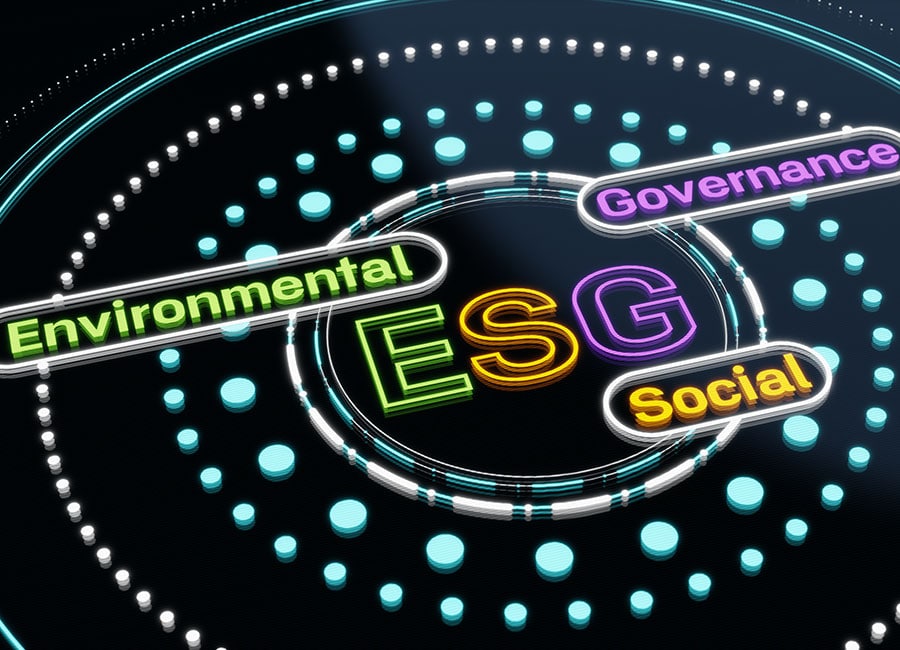More than eight in 10 major firms worldwide (84%) have yet to set public science-based targets to reduce direct operational emissions from their supply chains, new research from Tata Consultancy Services (TCS) and Microsoft shows.
Analysis of public data from 400 global companies in the Americas, EU, UK and APAC with combined revenues of $10tn show most firms are struggling to validate their data and accurately measure decarbonisation efforts.
Dr Swati Murthy, director of strategic sustainability collaborations at TCS, said the findings show how much innovative work still needs to be done to make global businesses sustainable and how critical it is for firms to engage customers, consumers, suppliers, service providers and policymakers.
“Reimagining global supply chains, and using the latest technology and analysis, is a vital step towards more sustainable practices," Dr Murthy continued.
"Therefore, it is absolutely essential to forge stronger strategic collaborations with hyperscalers to share and scale solutions faster, bringing together the latest decarbonization technology and expertise and making it accessible to all stakeholders across the business value chain.
"This collaboration is key to unlocking the potential of green transitions and mitigating the environmental and social risks we all face.”
The research found that 51% of companies actively participating in the Dow Jones Sustainability Index, and 52% publicised climate action.

Data disclosure rates were higher in the manufacturing, energy, retail, and consumer goods sectors, with many firms wanting to position themselves as leaders in the space.
Only 16% of companies have publicly set science-based targets for operational carbon emissions, and 11% have committed to science-based targets for carbon reduction in supply chains.
Furthermore TCS and Microsoft found that a correlation between improving ESG scores and share prices among 95 retail and consumer goods companies.
Since 2017, the analysed firms have, on average, increased their ESG scores by 10 percentage points to 42%, and this has helped their share prices to increase by 15-233%.
Other key insights within the research include ways in which businesses can make data more accessible, how companies can maximise edge-to-cloud, AI/Machine learning and digital twin technologies for decarbonisation, the sectors setting extended ecosystem targets with vendors and suppliers, and the role of regulatory pressure in Climate-Related Financial Disclosures (TCFD).
(Pic: Getty Images)









